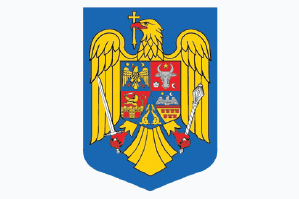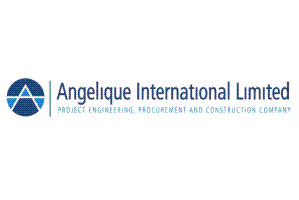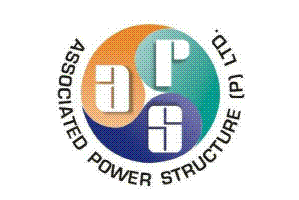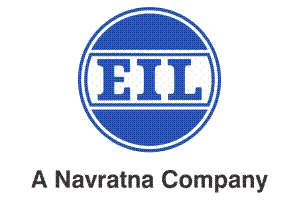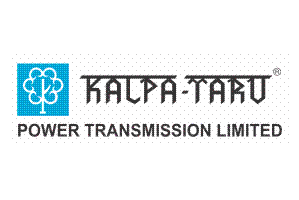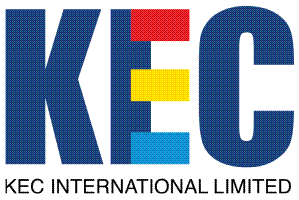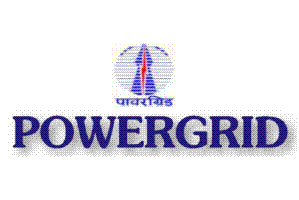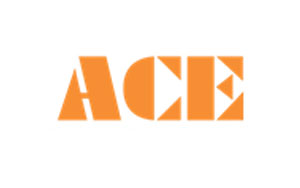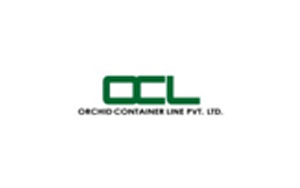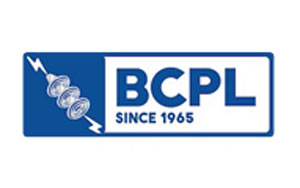
Certificate translation is one of the oldest forms of localization and it has been used by people and organizations for ages. It typically involves translating official documents such as birth certificates, marriage certificates, academic transcripts, etc. from the source language to its target language. On the other hand, a certified translation is a sanctioned document that needs to be submitted with our certification, stamp, and signature in India.
We are living in the so-called ‘globalized world,’ so eventually there is a need for accurate and reliable government-authorized translations. Whether you’re pursuing academic opportunities from abroad, conducting international business transactions, or else negotiating the legal intricacies of immigration paperwork, an individual ensures that the documents are translated without any error. This is where the certificate and certified translations arise. However, in this blog, we’ll explore everything you need to know about certificate and certified translations, from understanding their significance to finding the right translation service according to your requirements.
What are Certificate Translations?
Certificate translations involve the accurate translation of official documents such as birth certificates, marriage certificates, academic transcripts, and many more. These documents often contain sensitive information and must be translated with precision while retaining the original structure. Certificate translations are essential for various purposes, including immigration applications, academic admissions, legal proceedings, and professional certifications.
Why Certification is required?
Certification matters because it assures the recipient that the translated document is accurate and reliable. However, in many scenarios, institutions and authorities require certified translations to ensure compliance with legal or regulatory requirements. For example, the immigration office may require certified translations of birth certificates or marriage certificates as part of visa applications. Similarly, academic institutions may request certified translations of academic transcripts for admission purposes. By obtaining certified translations, individuals can streamline the document authentication process and avoid potential delays or complications.
What are Certified Translations?
Certified translations go a step further by providing a formal guarantee of accuracy and authenticity. A certified translation is a translated document accompanied by a signed statement from the translator or translation agency affirming that the translation is accurate to the best of his/her knowledge. Meanwhile, this certification adds an extra layer of credibility to the translated document, making it widely accepted in official and legal contexts.
Certified Translations: Ensuring Accuracy and Authenticity
Certified translations of almost all the languages are provided here with the accurate translation on our letterhead, which is supposed to be correct as per their original document along with the attestation stamp and signature. Certified translation is supposed to be a word-for-word translation.
We provide Certified translations for the following things:
Marriage certificates, divorce certificates, birth certificates, death certificates, etc.
Academic degrees, diplomas, & course certificates
Custom documents
Driver’s licenses, citizenship cards, passports, ration cards, visa copies, residence permits, etc.
Bank statements, tax receipts, TDS certificates, experience certificates & salary certificates
Utility bills, (electricity bill, landline/mobile phone bill, Credit card bill, etc.)
Land related documents
How to Obtain Certificate and Certified Translation Services?
If an individual is seeking a certificate or certified translation services in India, it’s essential to choose a reputable translation service provider who has expertise in handling official documents. Here are some steps to ensure you get the best possible service:
Research : Take the time to research translation agencies or individual translators specializing in certificate and certified translations until you get the one. Look for credentials, testimonials, and reviews to measure their reliability and reputation.
Request Quotes : Contact multiple translation service providers and request quotes for your specific translation project. Be sure to provide all necessary details, including the type of document, language pair, and any formatting requirements.
Verify Credentials : Verify the credentials of the translators or translation agency you’re considering. Certified translators may be accredited by professional organizations or have relevant certifications in translation or linguistics.
Provide Clear Instructions : An individual must provide clear instructions and communicate your requirements to the translator or translation agencies.
Review the Translations : Once the translations are complete, review them carefully to ensure accuracy and completeness. If necessary, seek clarification or request revisions from the translator or translation agency.
Obtain Certification : If you require certified translations, ensure that the translated documents are accompanied by a signed statement certifying their accuracy and completeness.
Conclusion:
Certificate and certified translations play a crucial role in ensuring the accuracy and authenticity of translated documents in various contexts. Whether you’re navigating legal proceedings, pursuing academic opportunities, or conducting business internationally, having reliable translations is essential. By understanding the significance of certificate and certified translations and following the steps outlined here, one can ensure that your documents are accurately translated and widely accepted wherever they’re needed. We take care of your privacy seriously and make sure your information is always kept as secure and confidential.




